


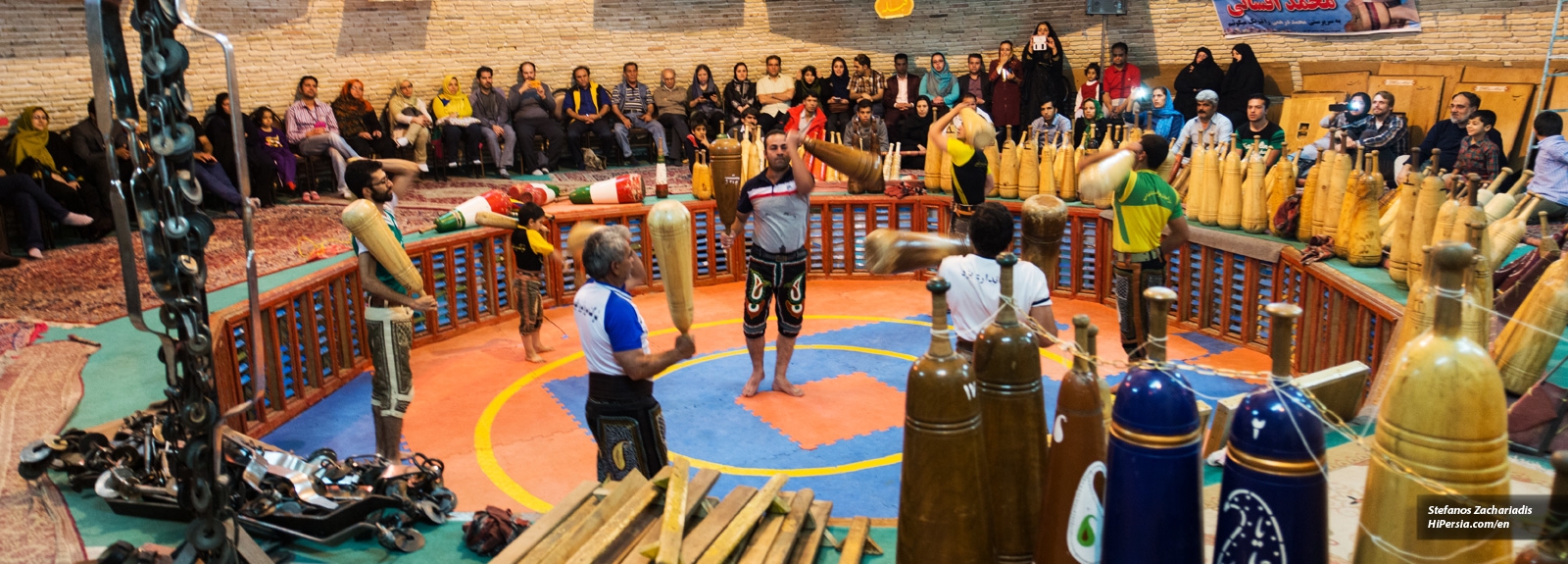
Pahlevani and zoorkhaneh rituals is an ancient Persian sport (varzesh-e bāstāni) which takes place in an arena called zoorkhaneh.
Pahlevani, this ancient sport has a long history in Iran that includes zoorkhaneh rituals. This sport takes place in an arena that is known as a zoorkhaneh. Wrestling is the other part of Pahlevani and zoorkhaneh rituals that are common to Pahlavani wrestling. Brockhaus Enzyklopädie is a German encyclopedia that introduces Pahlevani as the oldest bodybuilding exercise in the world. This ancient sport was registered on the UNESCO World Heritage list in 2010.

In traditional Iranian society, the Zoorkhaneh was a sacred place to exercise and raise moral thoughts. Some scholars believe that the zoorkhaneh was organized in the 7th century by Pourya-ye Vali, who was the popular wrestling champion. The Safavid era was a period of growth in the sport, especially in ancient sports. Also, Pahlevani and zoorkhaneh rituals were bold during the Qajar era, but with the advent of gums during the Pahlavi era, this kind of arena became old-fashioned.
The shape of the building was similar to Tekyeh (a place where Shiite Muslims gather to mourn) and ancient fire temples. This similarity refers to traditional beliefs about Ayyār that come from the ancient culture of the Iranians. Ayyār is a person associated with a class of warriors in Iraq and Iran from the 9th to the 12th centuries. The equivalent of Ayyar is chivalrous in English. The building of Zoorkhaneh is usually square with a dome above it to let in the sunlight and fresh air.
The main equipment of this varzesh-e bāstāni, that dedicated to weight training and calisthenics, is as follows: a pair of wooden clubs (mil), metal shields (sang), and bow-shaped iron weights (kabbādeh or kamān).
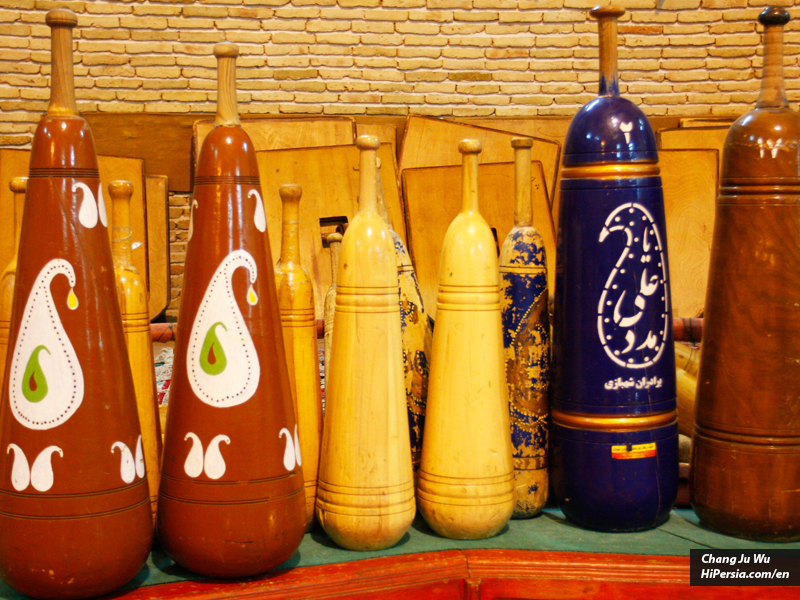

Golrizan ceremony is one of the old customs of zoorkhaneh that takes place for different events such as wrestling between two Pahlevan (champions), helping people, the opening day of zoorkhaneh, and giving a warm welcome to a Pahlevan who came from the other city.
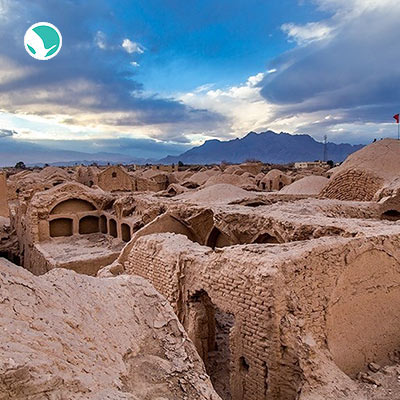
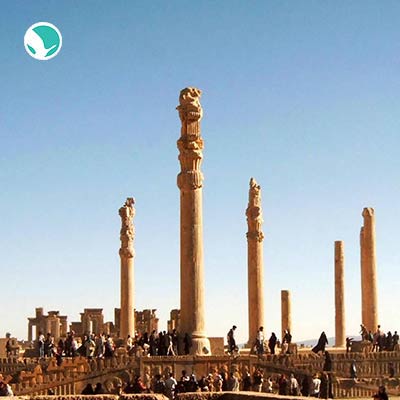

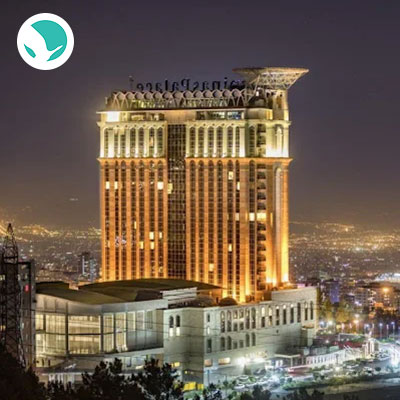
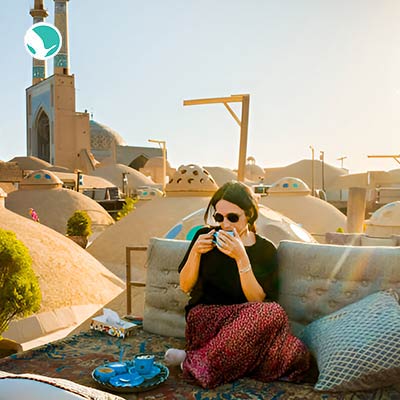
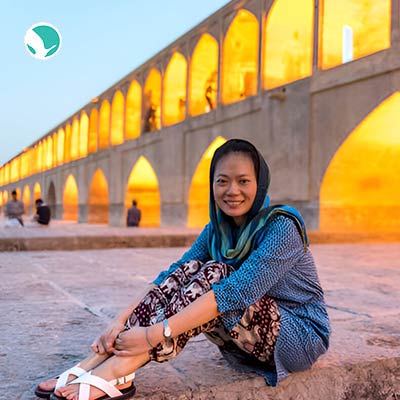
“Oh! Squander not this breath that Heaven hath lent thee, Nor make too sure another breath to borrow!’” Khayam